Vocabulary development Normal Worksheets for Ages 6-8
48 filtered results
-
From - To
Discover fun and engaging Vocabulary Development Normal Worksheets designed for children ages 6-8. These specially crafted worksheets help young learners expand their vocabulary through enjoyable and interactive activities. Each worksheet focuses on building essential language skills, including word recognition, spelling, and proper usage in context. Perfect for both classroom and at-home learning, these resources foster confidence in reading and communication. Parents and educators will find these worksheets an invaluable tool to enhance a child's linguistic abilities while keeping learning exciting and playful. Join us in transforming vocabulary practice into an adventure of words!
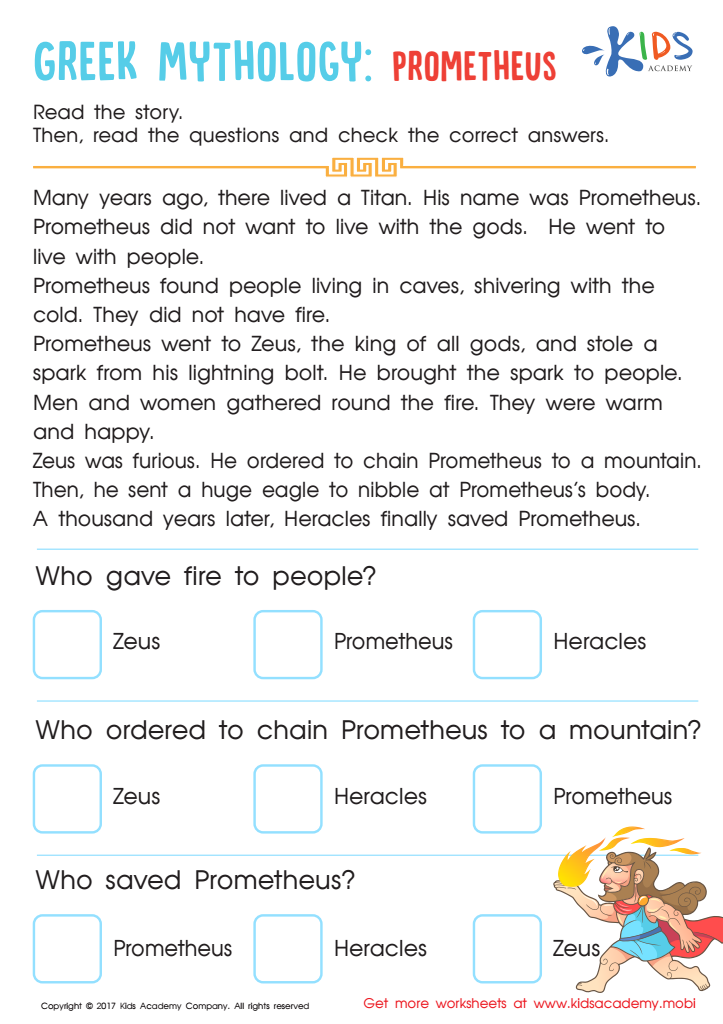

Prometheus Story Worksheet
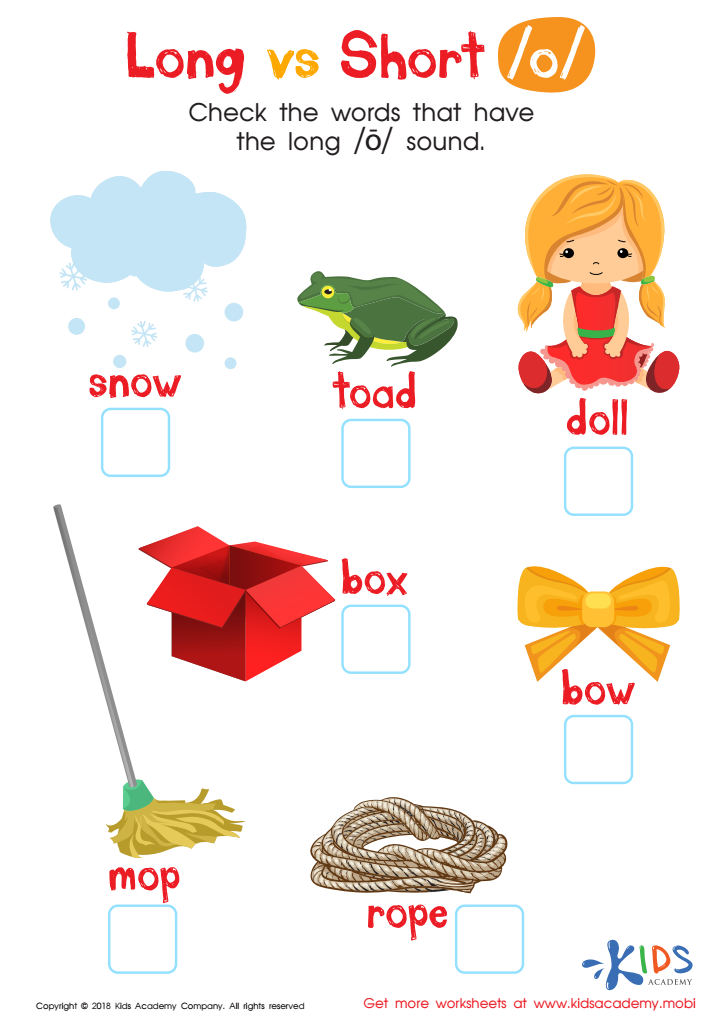

Long vs Short O Reading Worksheet
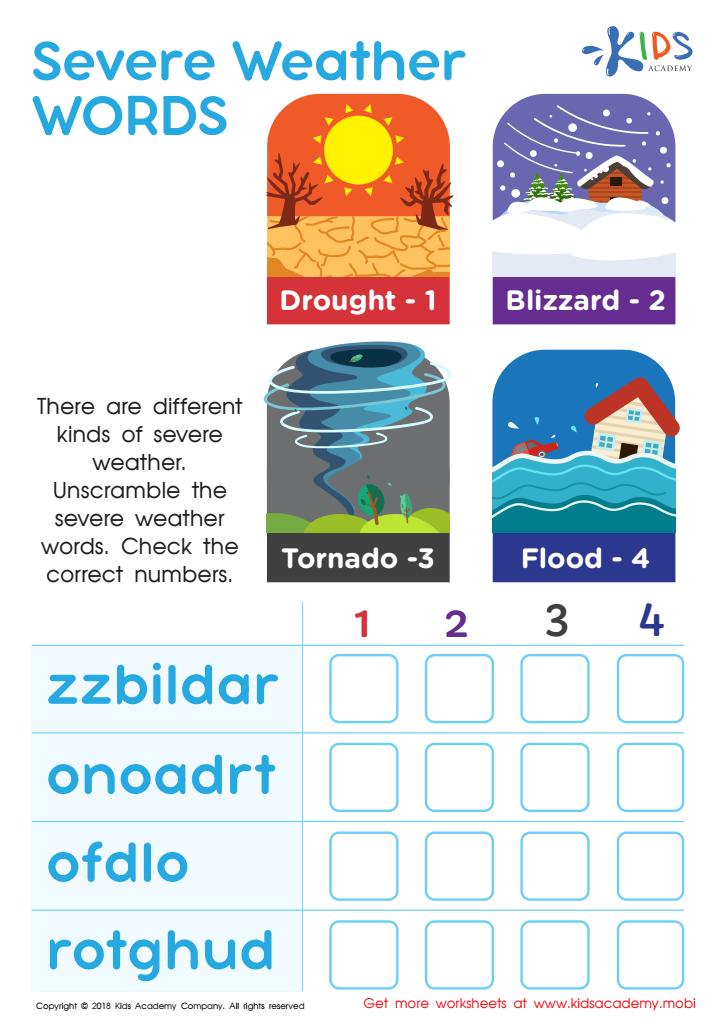

Severe Weather Words Worksheet
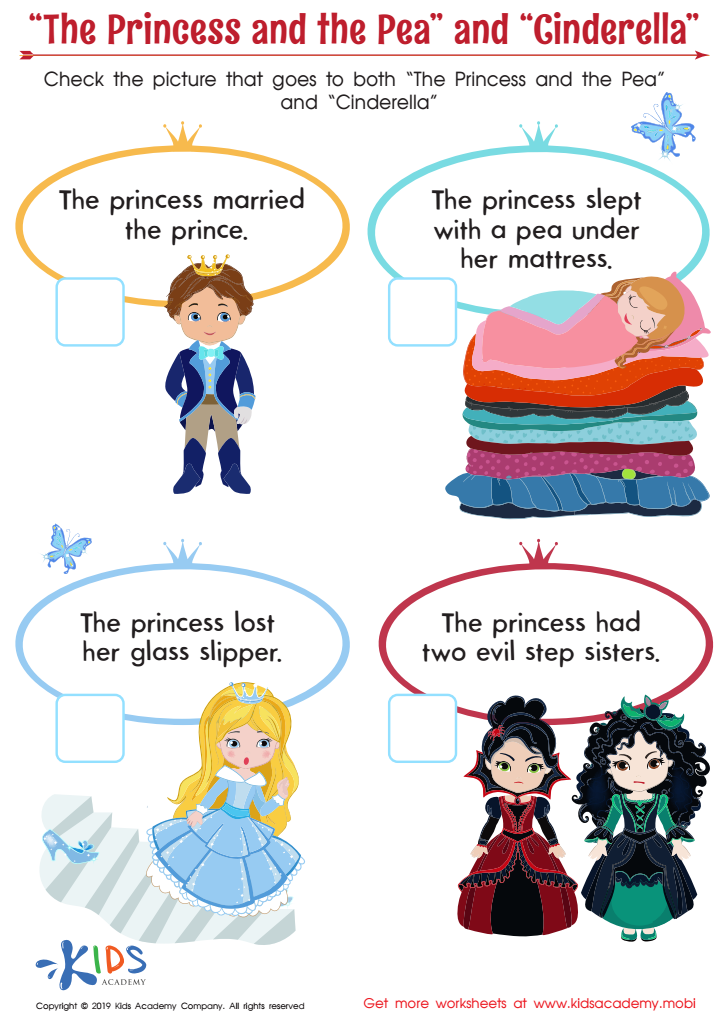

“The Princess and the Pea” and “Cinderella” Worksheet
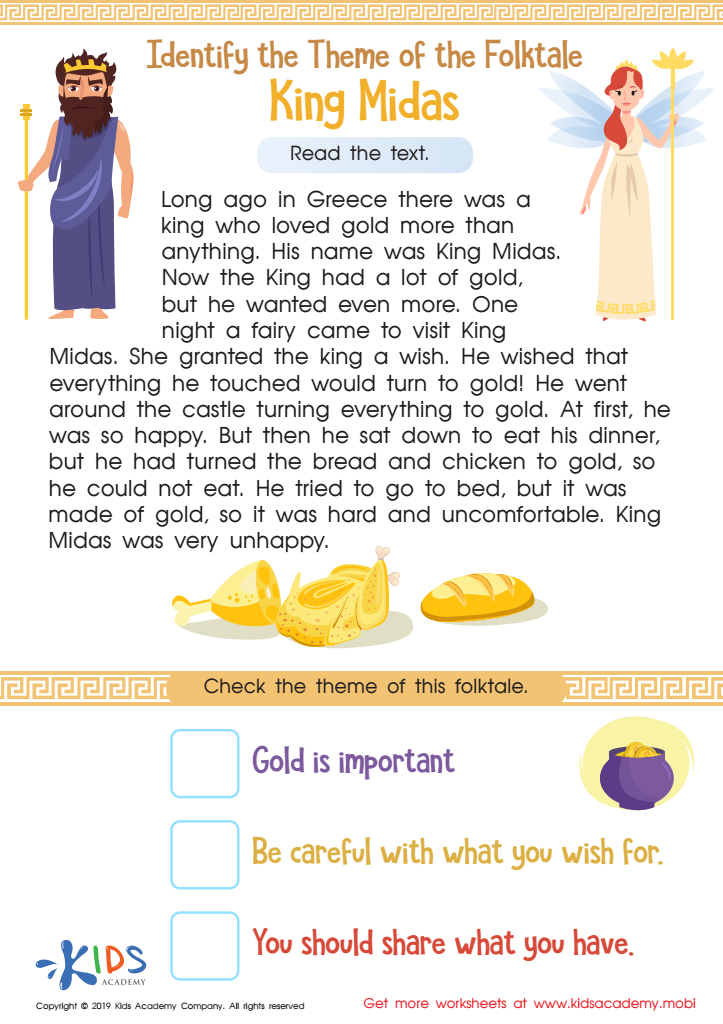

King Midas Worksheet
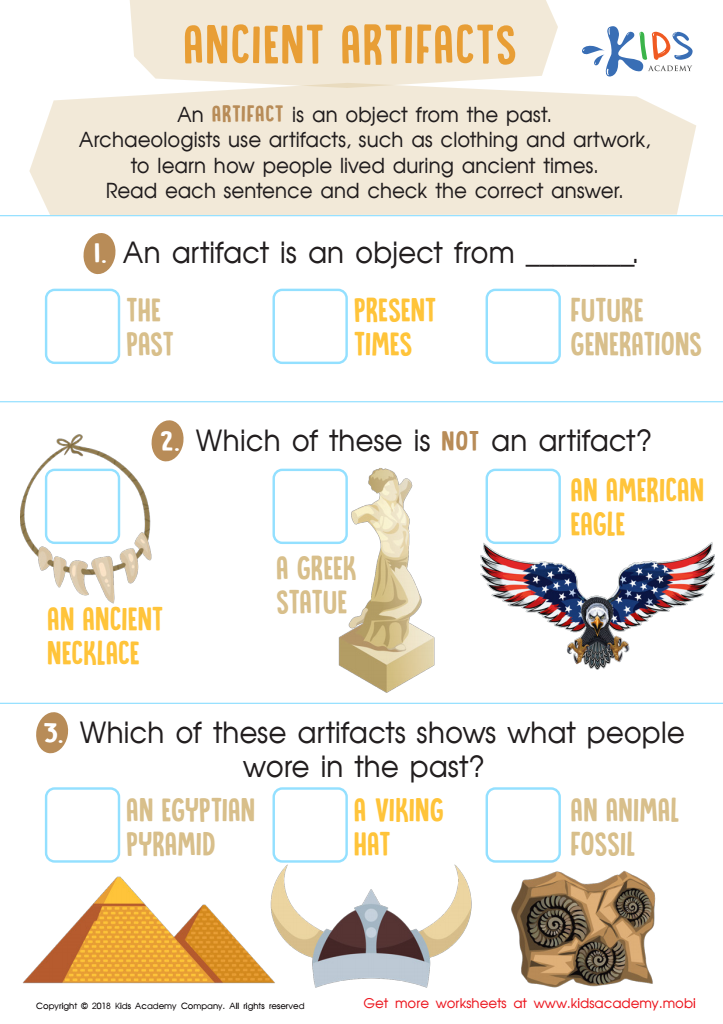

Ancient Artifacts Worksheet
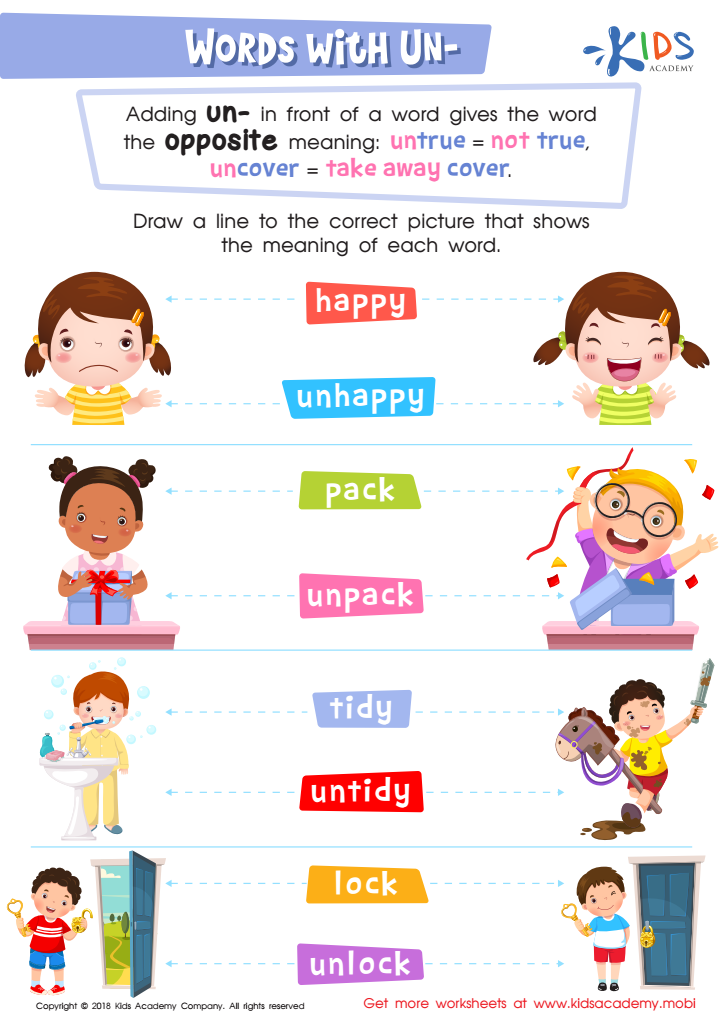

Words with Un– Worksheet


The Dentist Worksheet
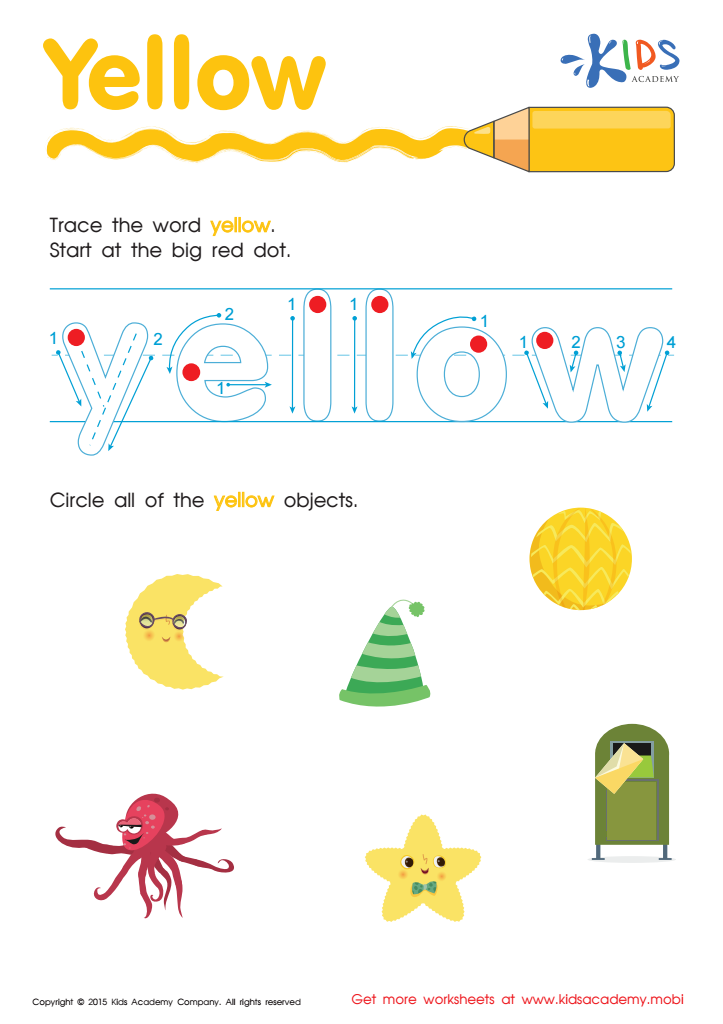

Yellow Tracing Color Words Worksheet


Vowel and Consonant Sounds: Assessment Worksheet


Phonics and Word Recognition: Assessment 3 Worksheet
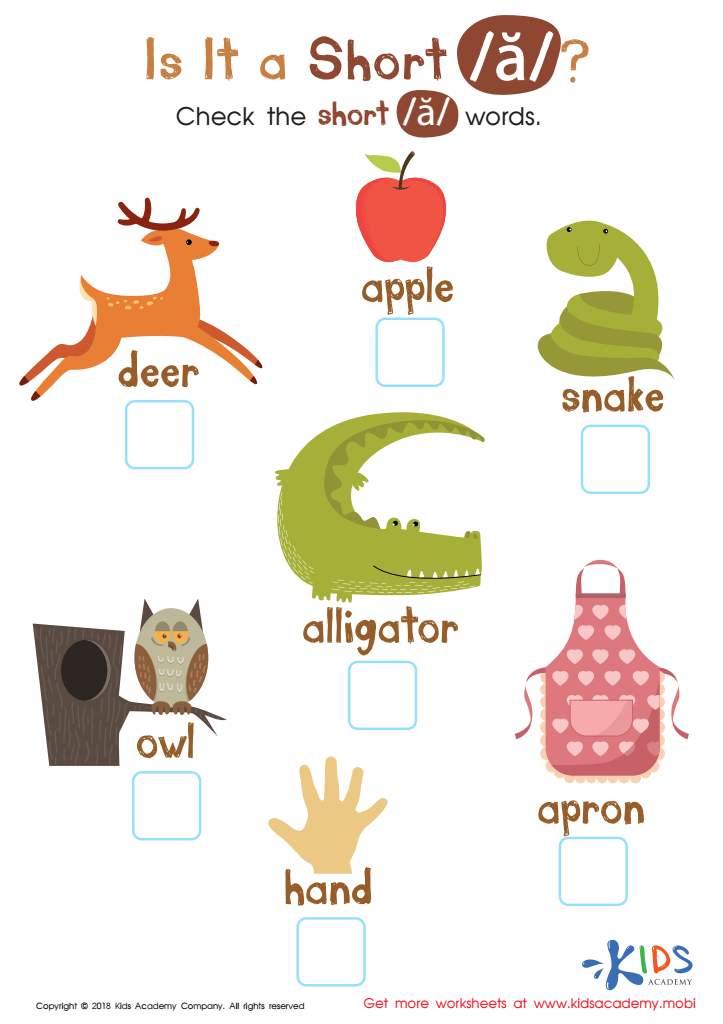

Is It Short A? Reading Worksheet
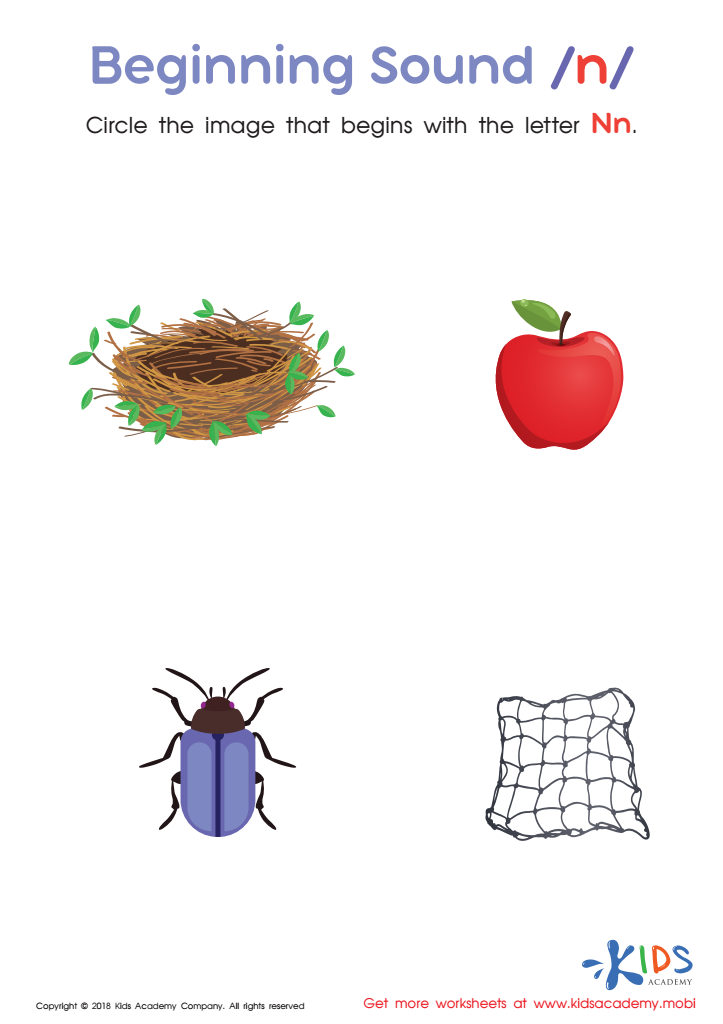

Beginning Sound «n» Worksheet
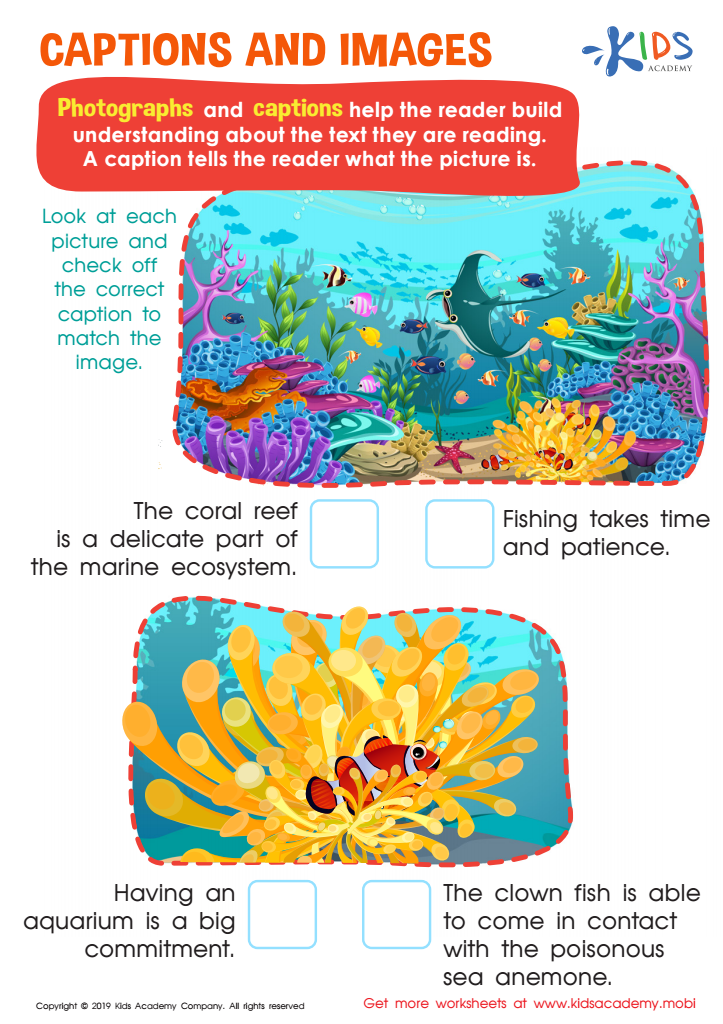

Captions and Images Worksheet
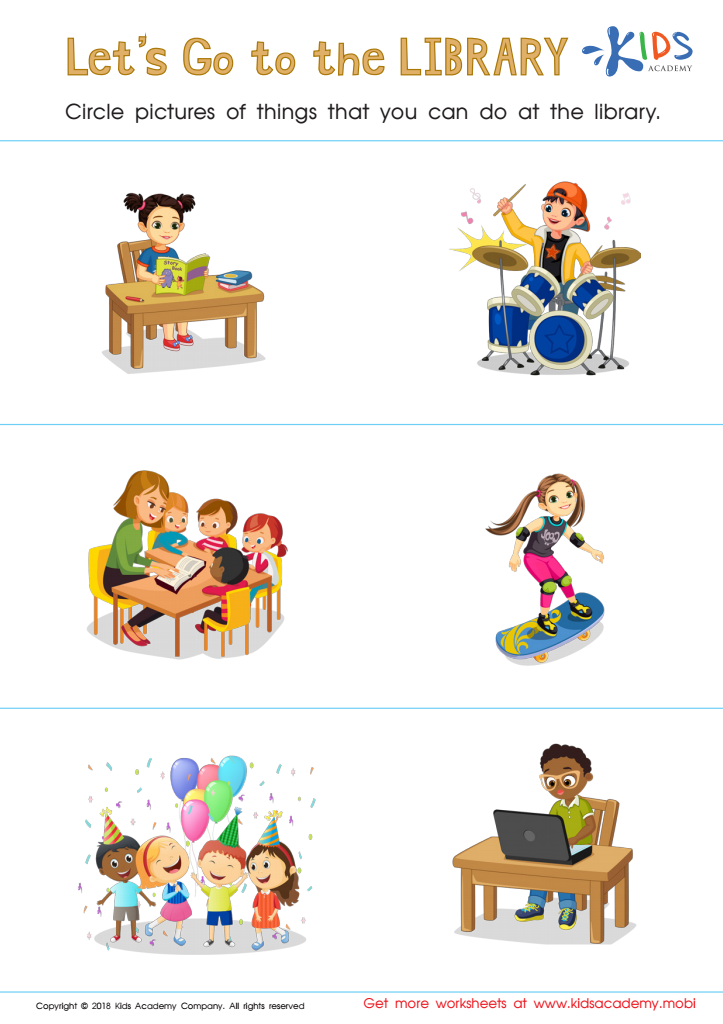

Let's Go to the Library! Worksheet
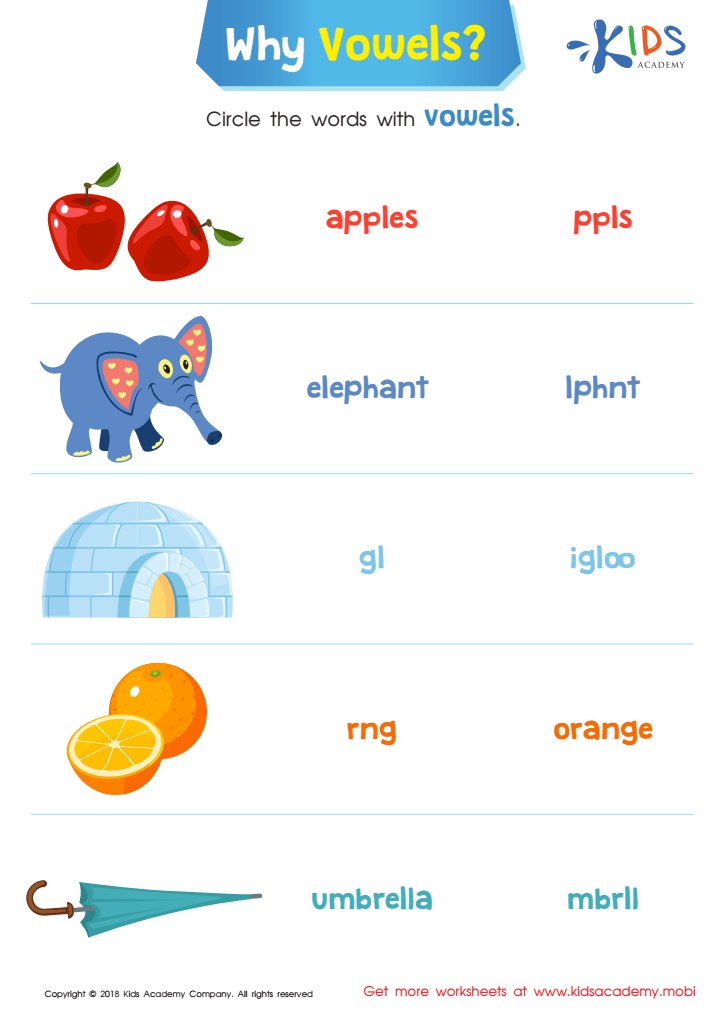

Why Vowels? Reading Worksheet
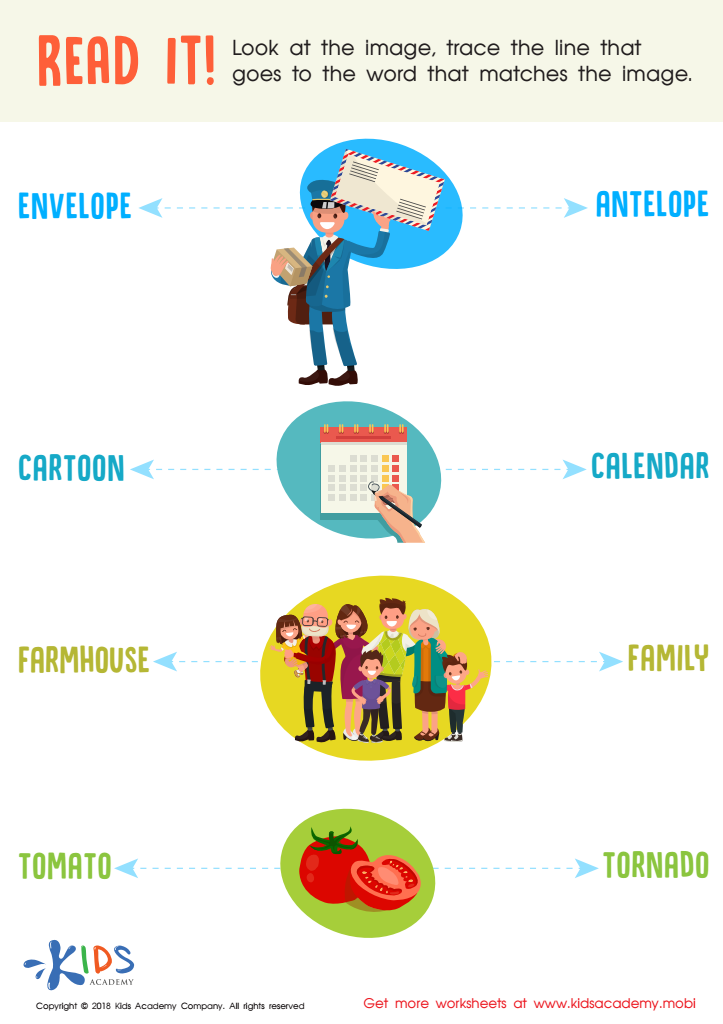

Read It! Worksheet
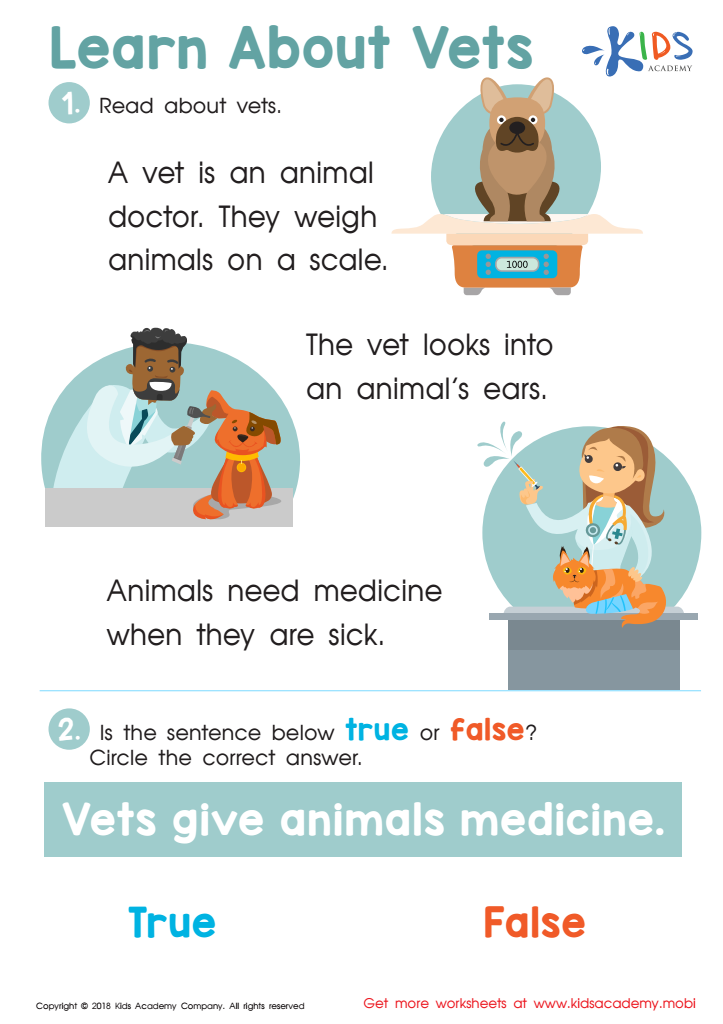

Learn About Vets Worksheet
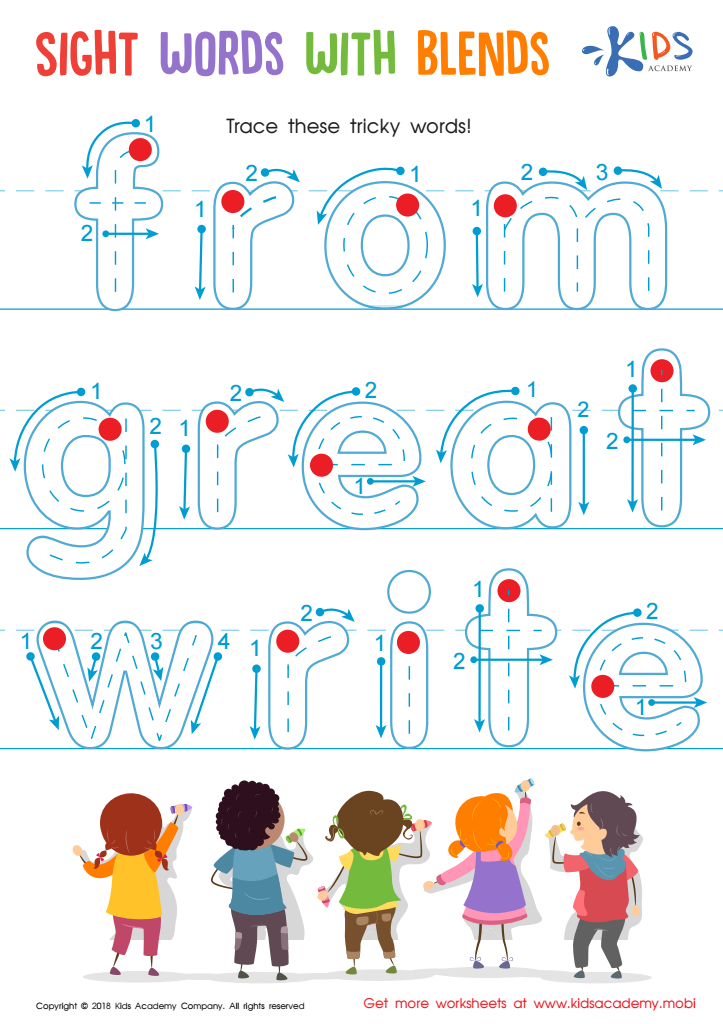

Sight Words with Blends Worksheet
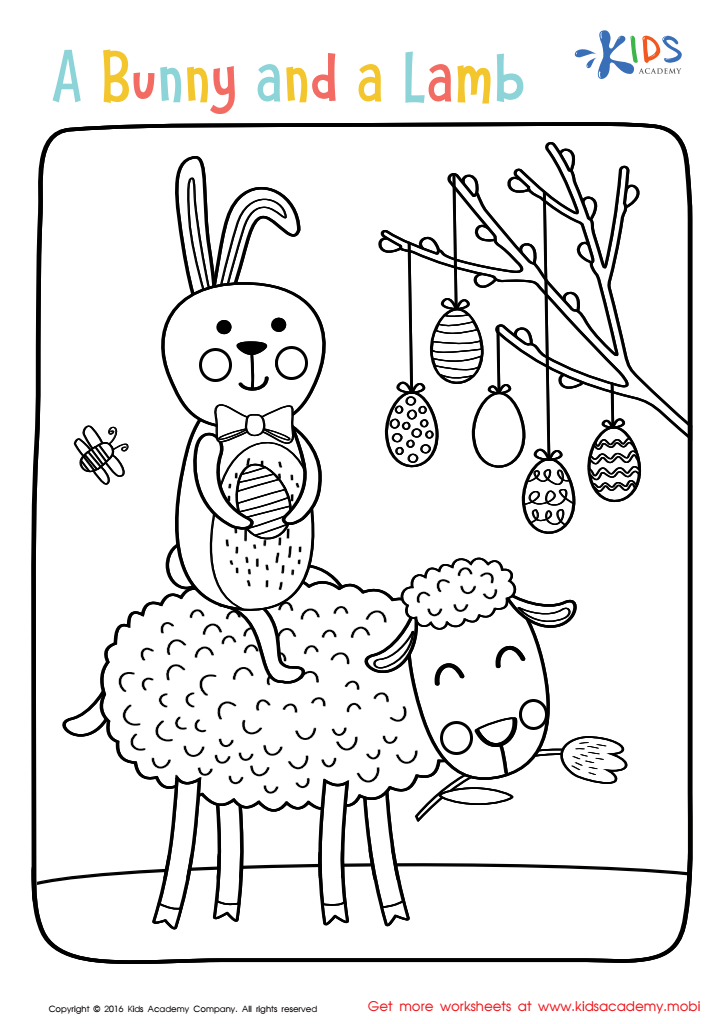

Easter: a Bunny and a Lamb Worksheet
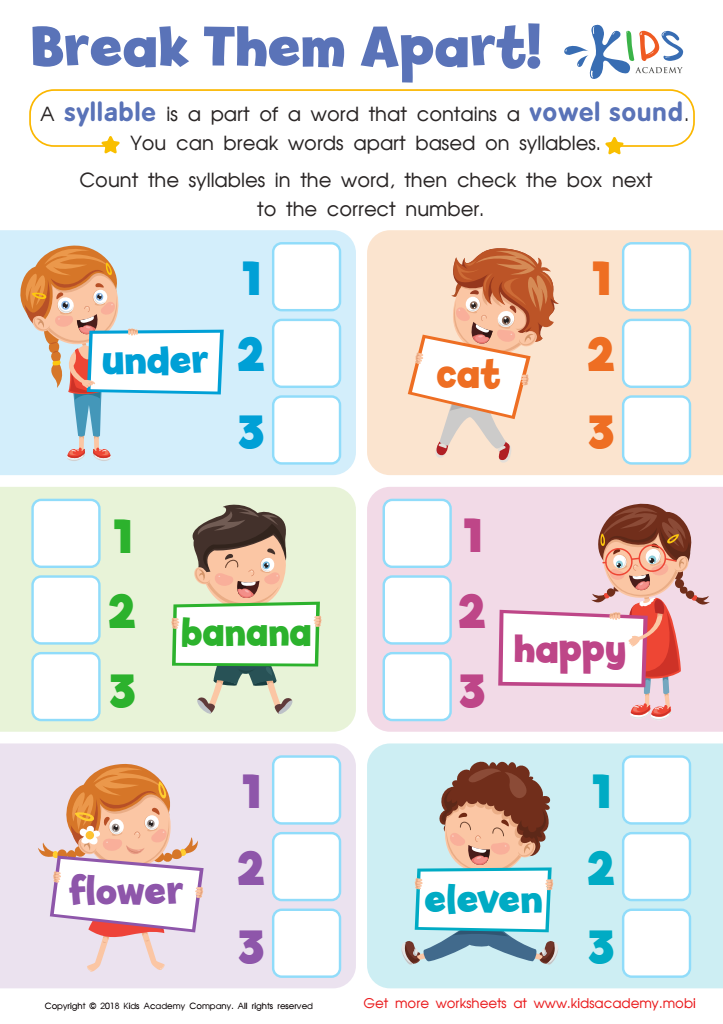

Reading: Break Them Apart Worksheet
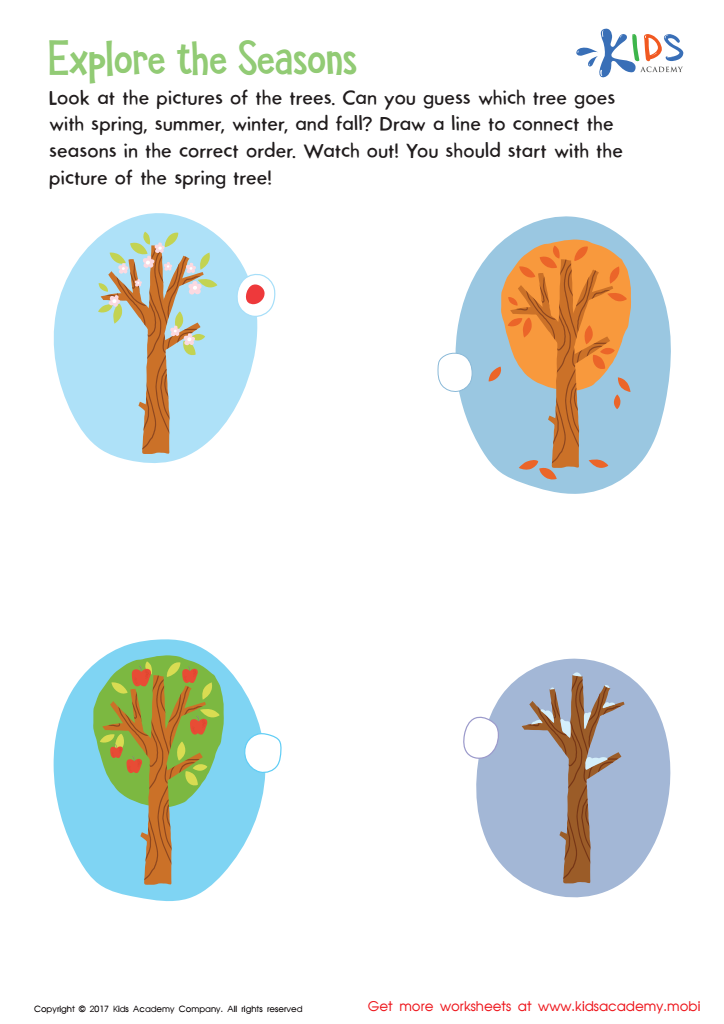

Explore the Seasons Worksheet
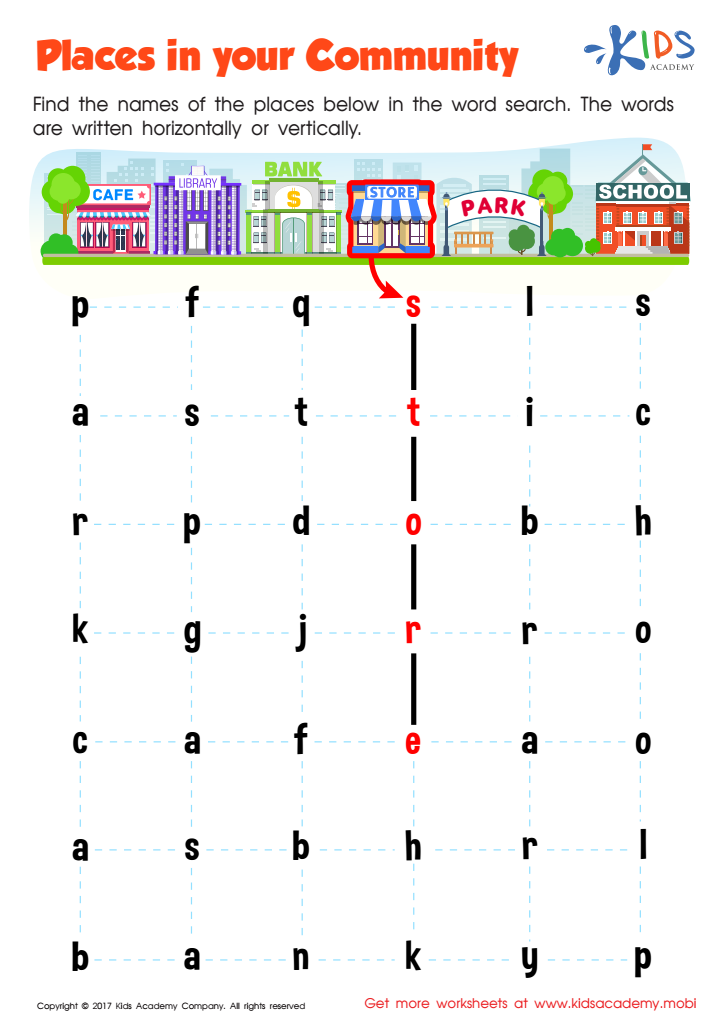

Places in Your Community Worksheet
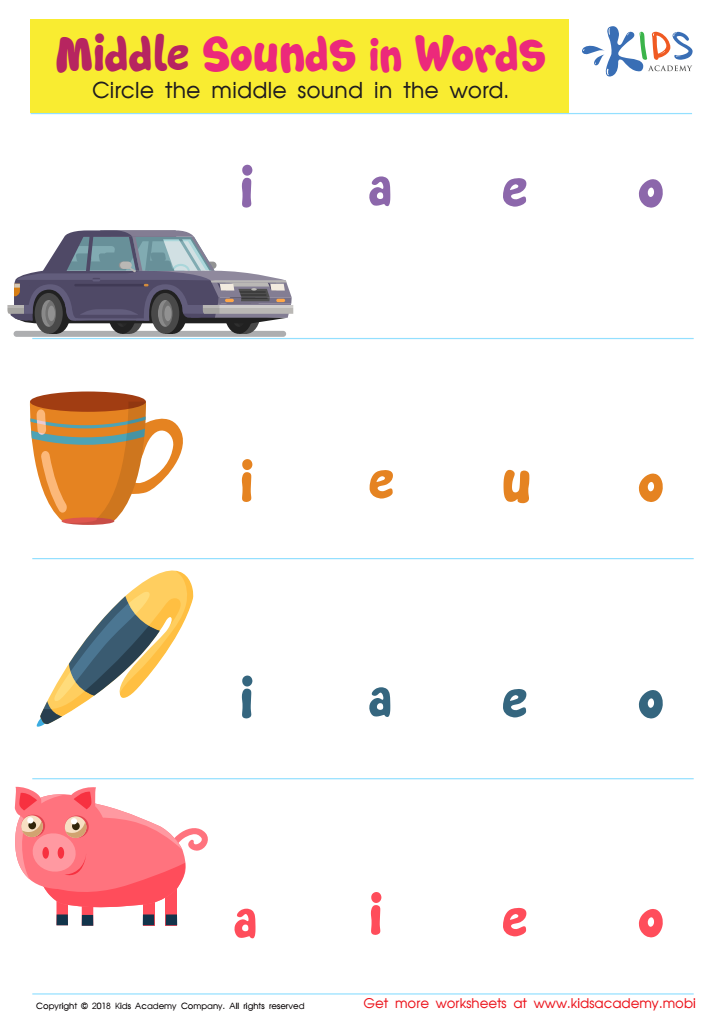

Middle Sounds in Words Worksheet
Vocabulary development during the ages of 6-8 is crucial for several compelling reasons. Firstly, it significantly enhances reading comprehension. A rich vocabulary allows children to understand texts more fully, facilitating better learning across subjects. This age range typically corresponds to early elementary school years, where foundational skills in reading are being established. A strong vocabulary helps children decode new words and grasp more complex concepts, thereby fostering greater academic confidence and success.
Secondly, vocabulary development during these formative years is integral to effective communication. As children learn and use a broader range of words, they express themselves more clearly and precisely. This improved communication not only bolsters social interactions with peers and adults but also fuels creative and critical thinking skills.
Moreover, a robust vocabulary is linked to overall cognitive development. Learning new words stimulates curiosity and encourages lifelong learning habits. It also enhances memory and the ability to make connections between different concepts, aiding both academic and personal growth.
Parents and teachers play a pivotal role in this process. By reading with children, engaging in thoughtful conversations, and introducing varied and rich language experiences, they provide the essential scaffolding needed for robust vocabulary development. Therefore, prioritizing this in ages 6-8 lays the groundwork for future academic achievement and effective communication skills.
 Assign to My Students
Assign to My Students























